Our Kubernetes and Cloud Infrastructure Learning Center
- All Posts
- Kubernetes
- Events
- DevOps News
- DevOps
- Containerization
- Cloud Migration
- Cloud Architecture
- Case Study
- Backstage Developer Portal
- Application Migration
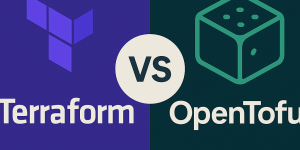
In 2023, the infrastructure landscape shifted dramatically with HashiCorp's license change for Terraform, sparking the creation of OpenTofu—a community-driven, open-source alternative. As both tools share core functionalities but differ in licensing, developers must now navigate these nuances to make informed infrastructure decisions...
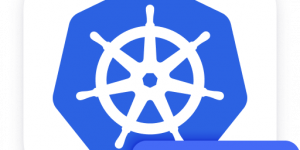
Kubernetes v1.35 introduces Workload Aware Scheduling, potentially transforming AI/ML and HPC workloads by addressing inefficiencies in traditional pod-by-pod scheduling. The new Workload API offers structured multi-pod application support, promising better resource utilization and predictability for distributed jobs. This change could redefine Kubernetes for complex applications...

With Ingress NGINX retiring in March 2026, migrating to alternatives like Traefik has become critical. Traefik stands out with its NGINX Provider, ensuring seamless transition by supporting 80% of annotations. Evaluate options such as HAProxy and Contour, but act now to secure your Kubernetes deployments...
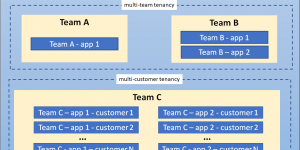
Kubernetes namespaces are key for multi-tenancy, yet true isolation needs more than basic separation. Effective architecture combines RBAC, network policies, and resource quotas. Implementing a systematic approach enhances security and efficiency, allowing users to reap these benefits while avoiding potential breaches and noisy neighbor issues...
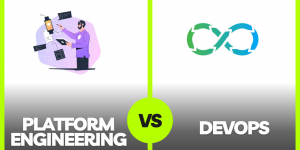
Platform Engineering and DevOps complement each other; the former creates self-service platforms that enhance the latter's cultural collaboration. While DevOps fosters teamwork between development and operations, Platform Engineering provides the infrastructure that boosts productivity, reducing developers' operational burden and empowering them to focus on building features...
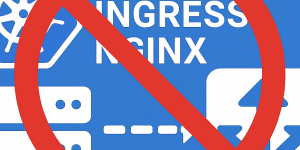
KubeCon Atlanta 2025 highlights the retirement of Ingress NGINX by March 2026, urging users to migrate to Gateway API or alternatives. The shift promises improved routing, security, and multi-tenancy, but requires immediate action from users to ensure secure, supported operations in Kubernetes environments...
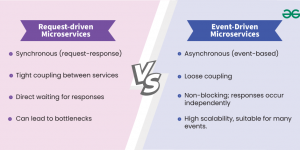
Deciding between event-driven and request-response architecture is crucial for your platform’s scalability, performance, and maintainability. Each affects how your system handles communication, scaling, and failure. Learn the key differences and decision criteria to choose the right architecture for your specific needs...
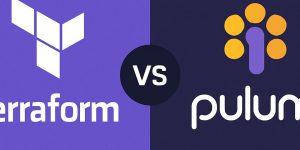
Infrastructure as Code has transformed cloud management, with Terraform and Pulumi leading the way. Both share the goal of programmatic resource deployment but differ in approach, particularly in language support, state management, and ecosystem maturity. This guide helps you choose the right tool for your team...
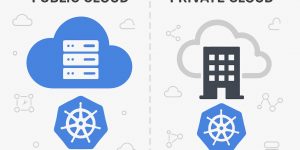
Choosing between public cloud and private cloud Kubernetes impacts security compliance. Public clouds ensure infrastructure security, while private clouds offer total control. Each option has unique challenges and benefits, especially for sectors with stringent regulations like healthcare and finance. Companies must tailor their Kubernetes deployment to their compliance needs...
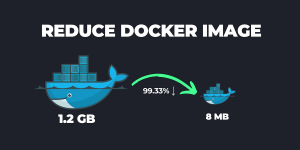
Optimizing Docker images can reduce deployment times by up to 90% and cut CI/CD pipeline costs. Embrace strategies like using lean base images, multi-stage builds, and strategic Dockerfile structuring. Tools like DockerSlim's SlimToolKit can optimize images while preserving functionality, streamlining development workflows and improving efficiency...

Istio and Linkerd are leading service mesh solutions for managing microservices. Both offer key features like service discovery and load balancing, but differ in complexity and resource usage. Istio suits complex enterprises, while Linkerd is ideal for simplicity and performance with limited resources...
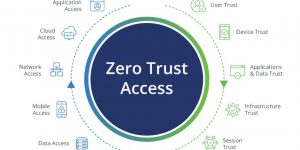
Zero trust security replaces outdated perimeter defenses by verifying each access request, offering a robust approach to cloud migration. Key strategies include designing granular access policies and microsegmentation for minimized risks. Embrace zero trust to rebuild security architecture effectively during cloud transitions...
